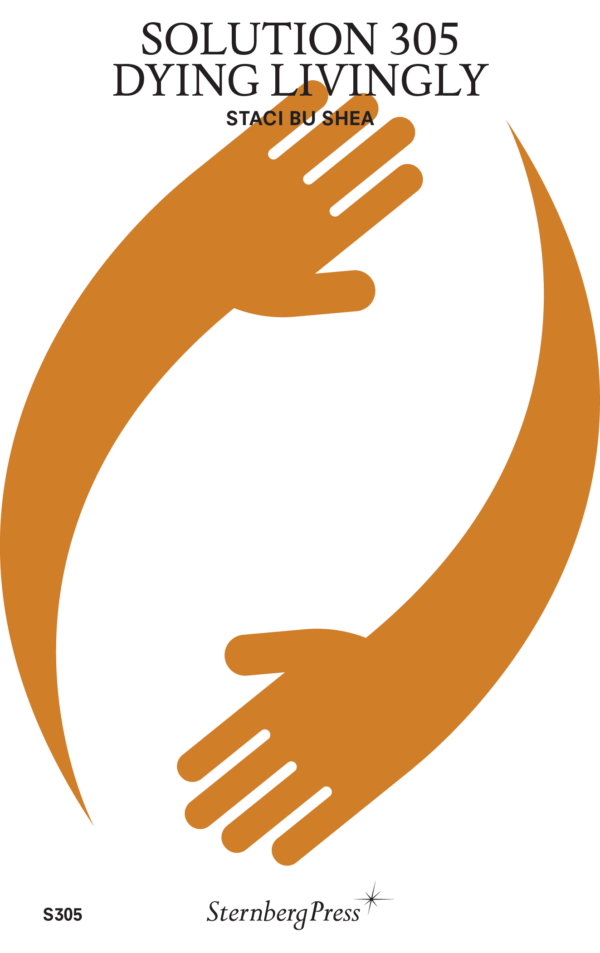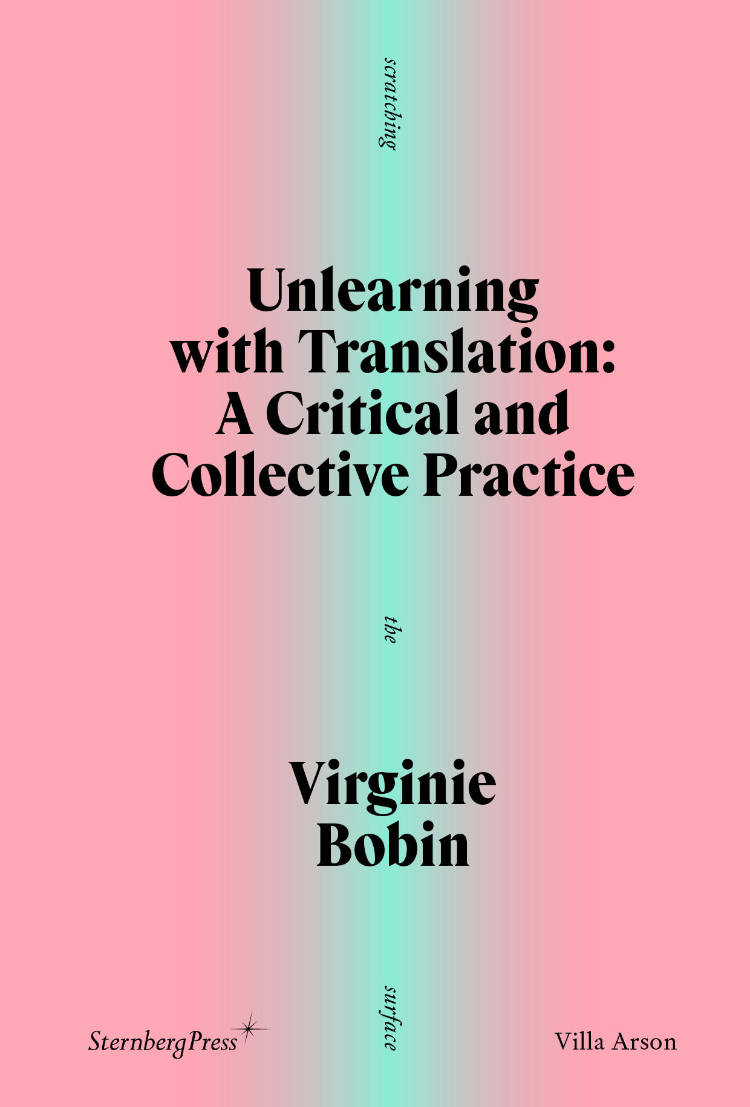
Solution 305 – Dying Livingly
A series of propositions and encounters in service to an aesthetic, critical, and poetic experience of living life led by death.
Part studious, part visceral, Dying Livingly is a collection of short essays written in the first few years of the author's holistic deathcare research and practice. With a focus on the truth of impermanence and the material cultures of death and dying, the writing reaches toward a future of compassionate, community-centered deathcare.
Death has been outsourced, medicalized, and commodified for over a century. Existing at a threshold of innovation and transformation today, death is not a plight to master or transcend but a reality of insistent change requiring our humble surrender. Working in tandem with the possibilities and limits of medicine, the holistic deathcare movement aims to support people and their communities in death literacy and phobia. It stewards both ancient and new practices in deathcare and centers social, political, and ecological imperatives for how we die.
If death is an amplification of living, the attention here is on bearing witness to life in and around the dying and the potential to contribute to a more vibrant culture of care. Living a death-oriented life is not simply for those and their loved ones navigating a terminal diagnosis and finite amount of time to live; it is for all of us. Death awareness leads to a valuing of life, which is urgently needed for justice, healing, and our livability.
With fervor and deep reverence, this collection demonstrates that what is needed above all is a presence—simple but challenging—that refuses to look away as life slips from our grip. In this light, the writing details lessons in what it means to be prepared for death but also impossibly ready. Death is a horizon that inspires us to live fully, with the vulnerability necessary in the transformative process of giving and receiving care.
Staci Bu Shea (born 1988 in Miami) is a curator, writer, and holistic death care worker based in Utrecht, the Netherlands, focusing on aesthetic and poetic practices of social reproduction and care work, as well as its manifestations in interpersonal relationships and daily life, community organizing and institutional practice.







